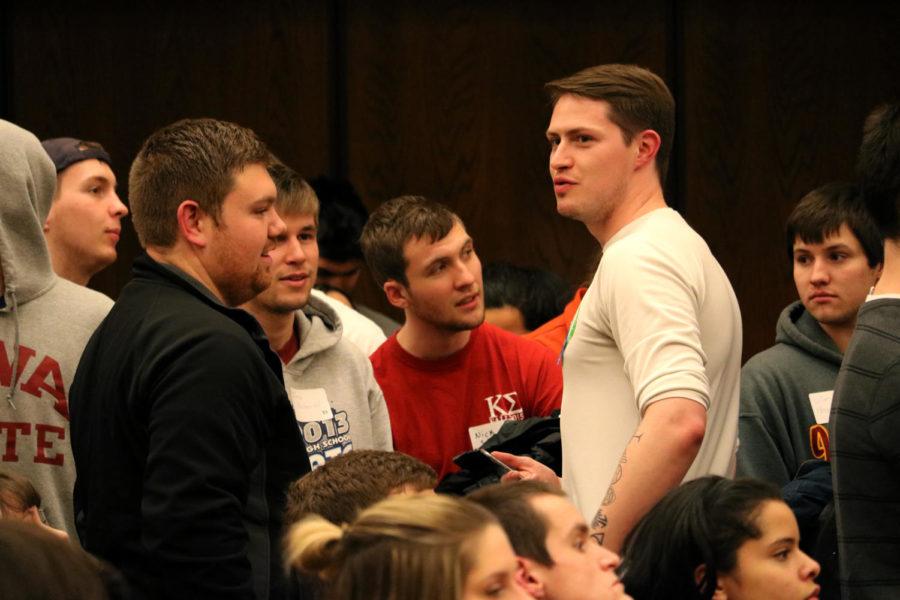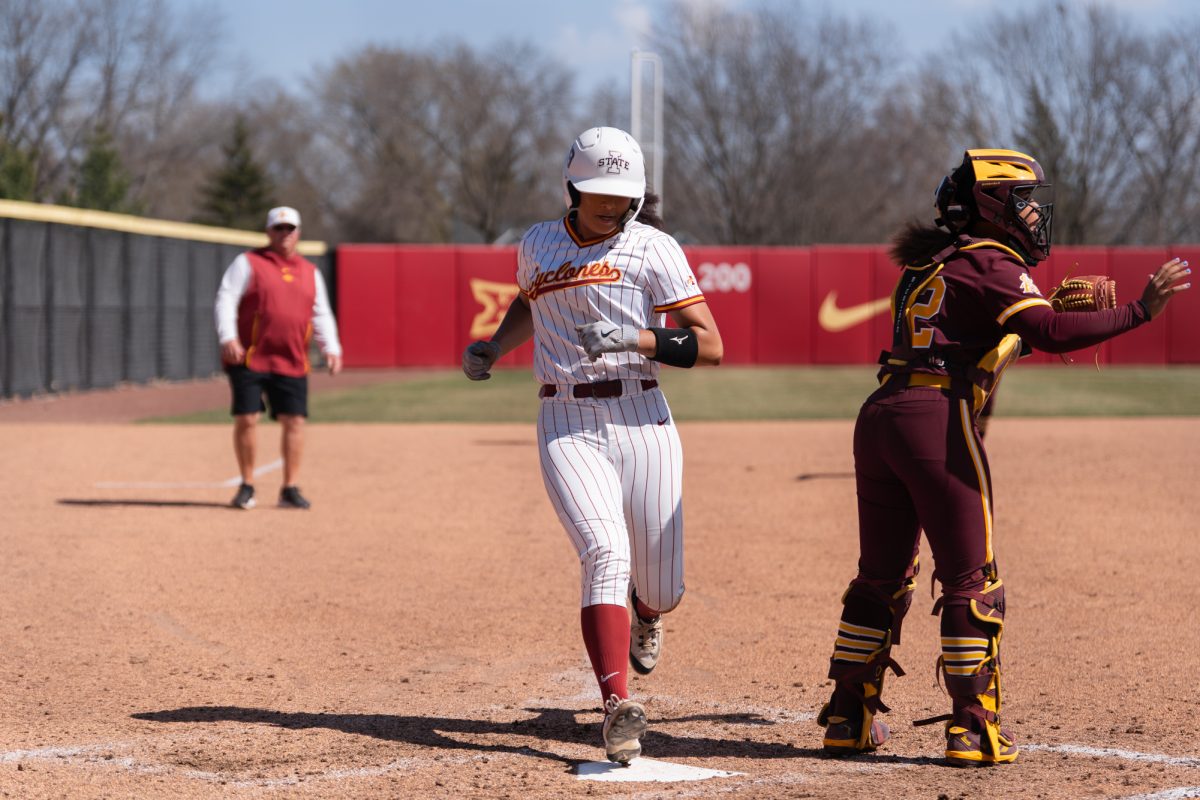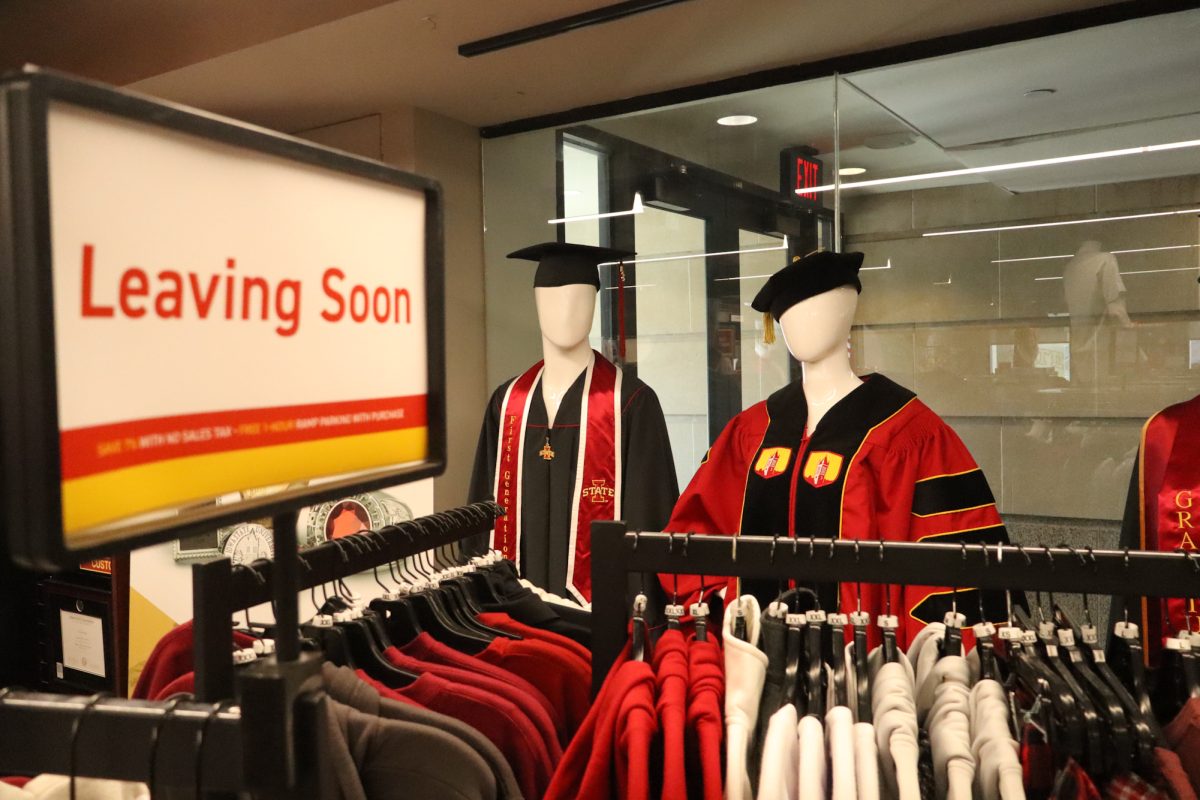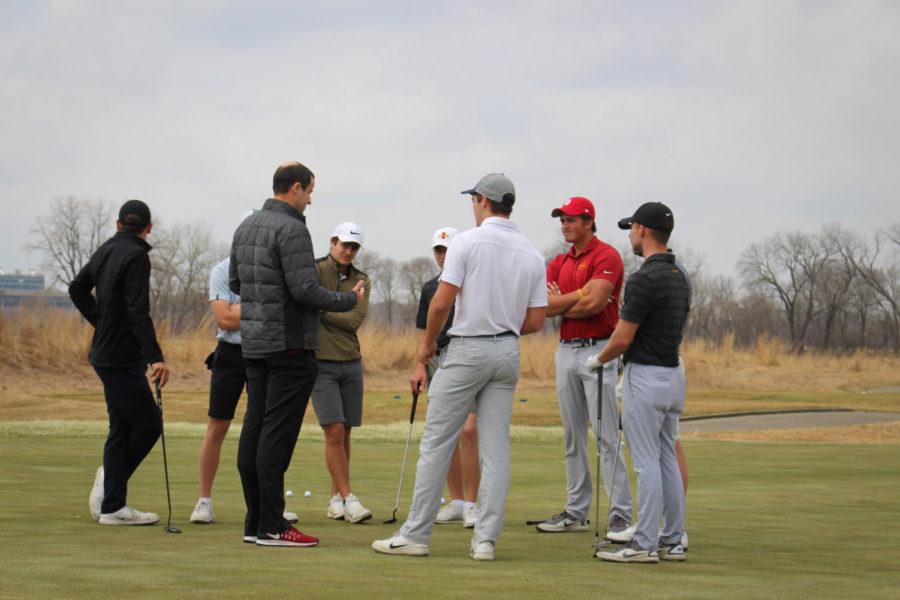Iowa’s caucuses still influential in nominating process
The South Ballroom of the Memorial Union was packed to the brim with caucus members from Ames precinct 4-1 in February of 2016. By the end of the night the precinct had 382 constituents show up to caucus.
September 12, 2019
Iowa has maintained a high-degree of influence in presidential politics for decades.
Since reforms were implemented to party primaries in time for the 1972 Iowa caucuses, Iowa has given it’s say first in deciding presidential nominees.
The 2020 election features the biggest primary field of all time — with 27 major Democrats declaring their candidacy, seven have pulled out of the race. Only two Democrats have ever won their party’s nomination without winning the Iowa caucuses: former Massachusetts Gov. Michael Dukakis in 1988 and former President Bill Clinton in 1992, when the state went uncontested with Iowa’s favorite son former Sen. Tom Harkin in the race.
The record field of candidates have cumulatively visited Iowa more than 1,000 times, though with the size of the field, the influence of the caucuses on deciding the nominee could be diminished.
President Donald Trump faces three primary challengers: former Massachusetts Gov. Bill Weld, former Rep. Joe Walsh and former South Carolina Gov. Mark Sanford. Iowa will hold Republican caucuses in 2020 as well, though Trump leads his rivals by massive margins, regularly registering more than 90 percent in polls.
In the 2016 race, eventual nominee former Sec. of State Hillary Clinton eked out a very narrow win in the caucuses over Sen. Bernie Sanders, I-Vt. Despite a loss in the next state to vote in the calendar, Clinton’s victory was all but assured following her runaway wins in South Carolina and on Super Tuesday, maintaining a lead of more than 100 pledged delegates through the rest of the primaries.
“As long as Iowa stays first in the nation [to vote] I think there’s a good chance [the caucuses] will remain influential,” said Mack Shelley, Iowa State professor and chair of the political science department.
John Kerry, the 2004 Democratic nominee and at the time a senator from Massachusetts, faced an easy path to the nomination after the momentum he gained following back-to-back wins in Iowa and New Hampshire.
Since former President Jimmy Carter’s victory over the candidates in the 1976 Iowa Democratic caucus, the caucuses have been perceived as the Democratic primary’s “kingmaker.”
However, Shelley said Iowa helps the “winnowing” process. A popular saying is there are three tickets out of Iowa, meaning three presidential candidates have a good enough caucus night to move beyond the state in the primary process. That does not seem likely to change at the moment, with only three candidates above the crucial 15 percent threshold in most public polls.
In order to receive delegates, a candidate needs to receive 15 percent of votes from caucusgoers, and only Sanders, Sen. Elizabeth Warren, D-Mass., and former Vice President Joe Biden clear that threshold in recent public polls.
“What originally was the better part of two dozen presidential candidates for the Democrats this year, only one of course winds up getting the brass ring,” Shelley said. “They’re not all still active, but somewhat on the order of 20 of them and Iowa basically is going to be about the business of sorting that out.”







